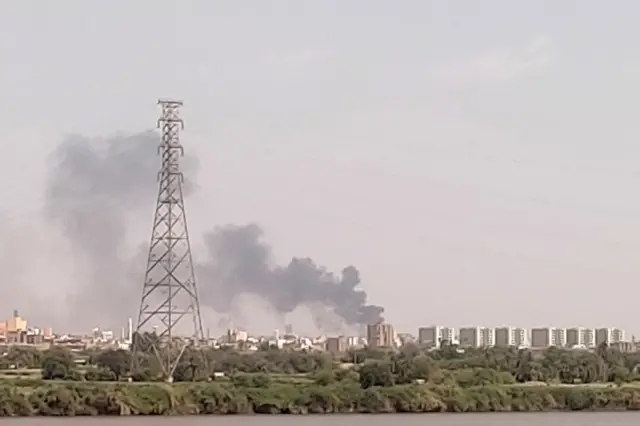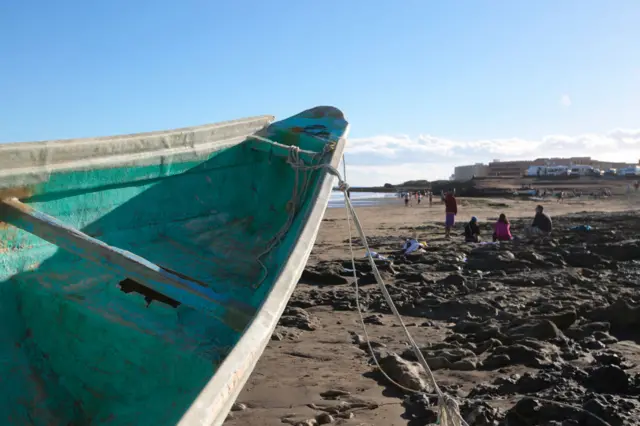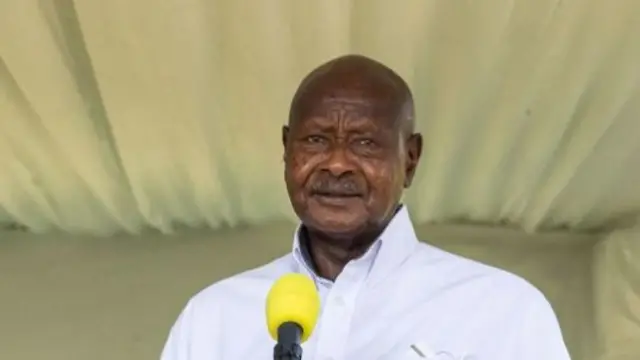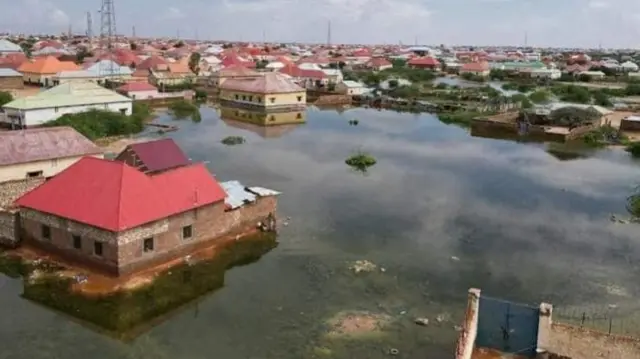Deadly shells hit busy market in Sudan's Omdurmanpublished at 06:45 GMT 6 November 2023
 Image source, AFP
Image source, AFPIntense fighting continues between the rival forces despite a resumption of peace talks in Jeddah
More than 20 people have been killed and several others injured after shells hit a market in a suburb of Sudan's capital, Khartoum, a group of lawyers said.
The crowded market in Omdurman was hit after an intense exchange of fire between the Sudan army and the paramilitary Rapid Support Forces (RSF), Sudan's Emergency Lawyers, a non-governmental group, said in a statement on Sunday.
A medical source told AFP news agency that the Saturday shelling killed 15 people in the Al-Thawra neighbourhood of Omdurman.
The lawyers condemned the two warring sides for continued fighting in populated areas and called for a ceasefire.
The clashes continue in the capital and in other cities in Darfur and the Kordofan region, amid talks between the rival forces in Jeddah, Saudi Arabia.
More than 9,000 people have been killed and nearly six million others displaced since the fighting started in mid-April.



